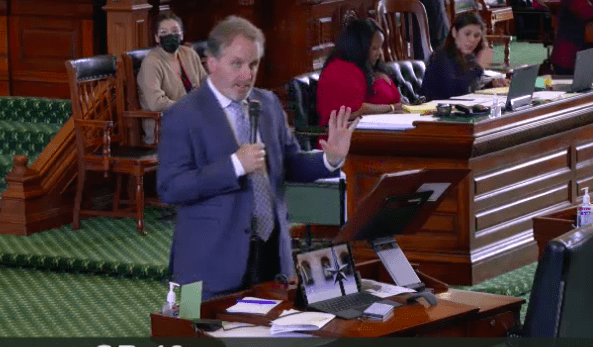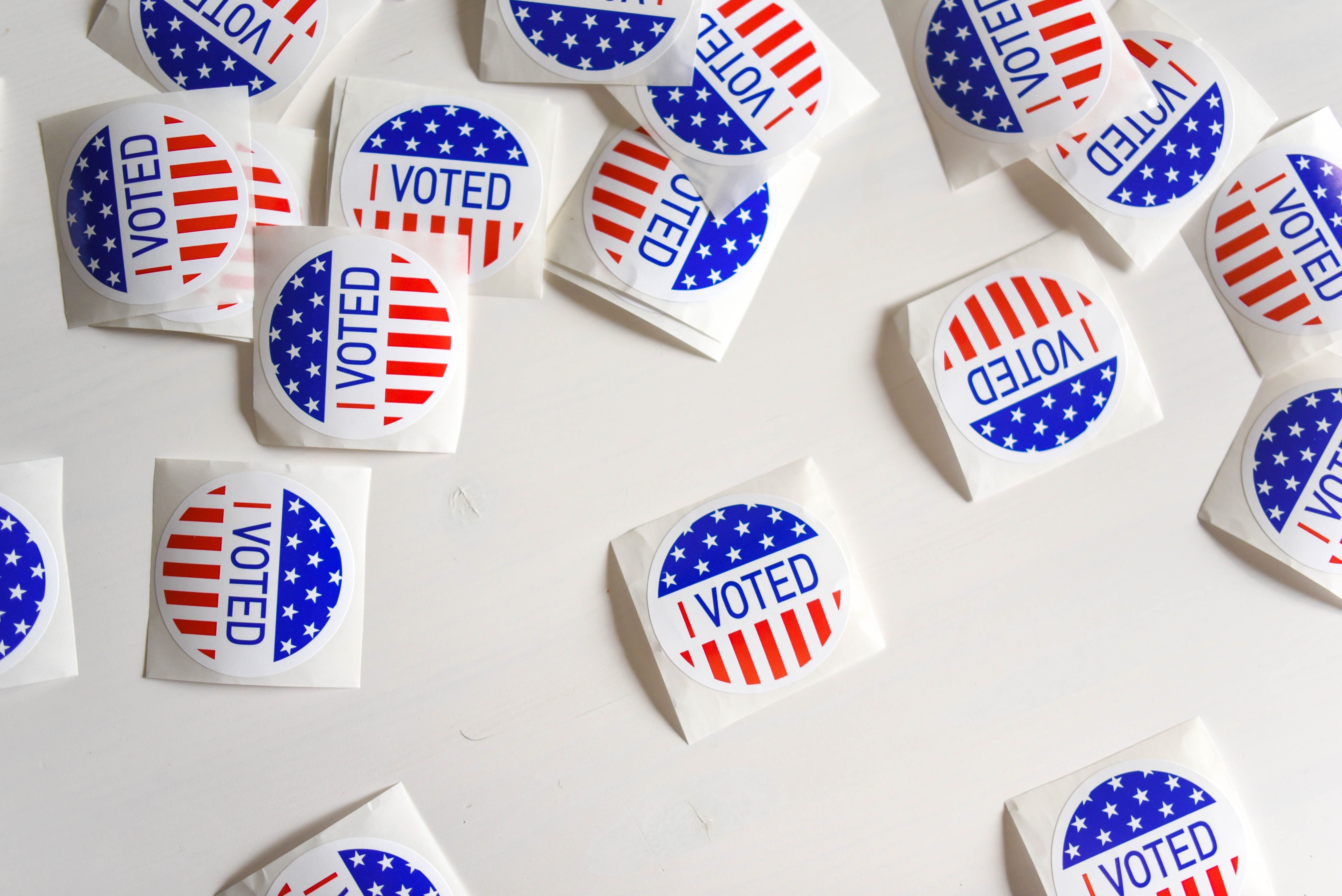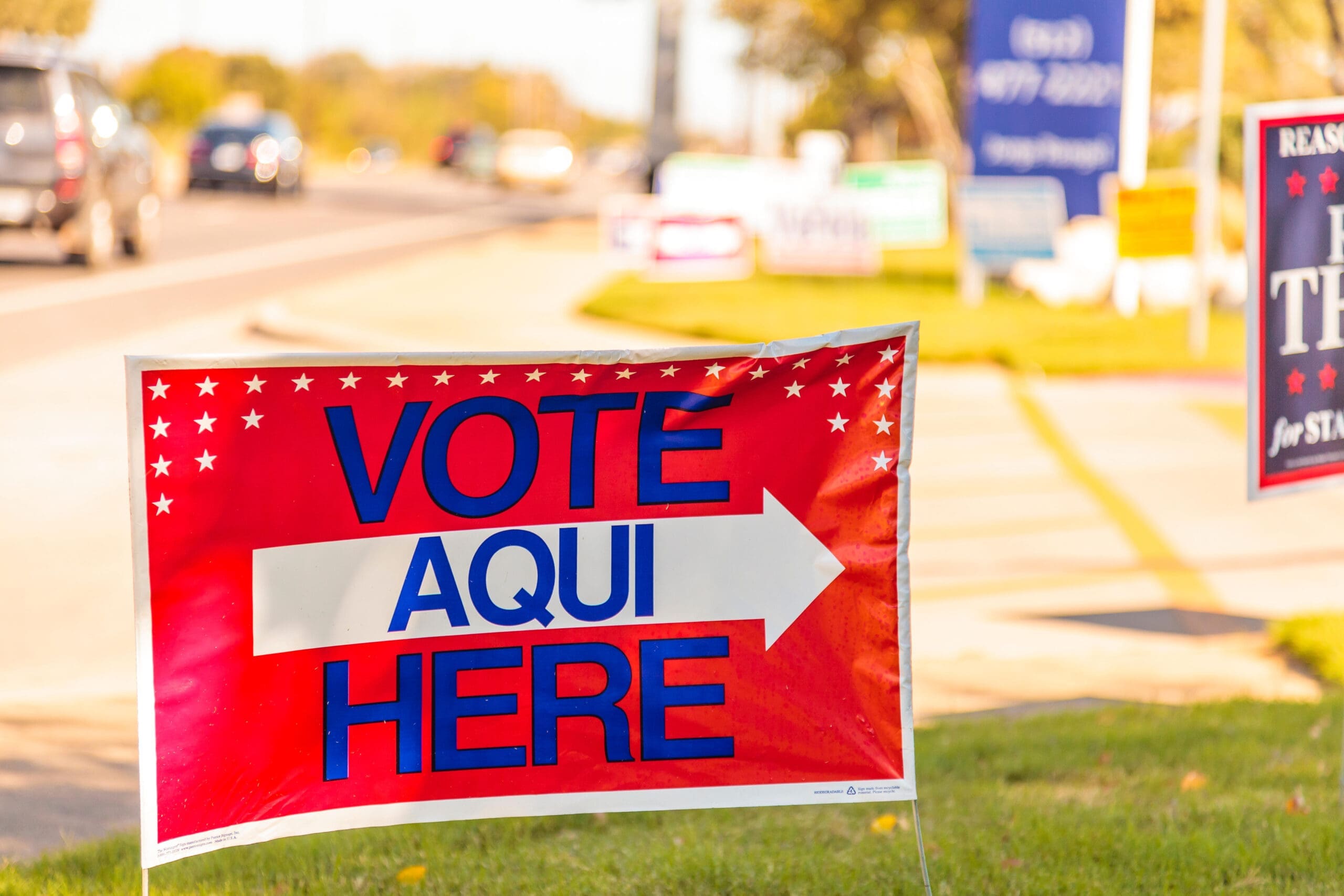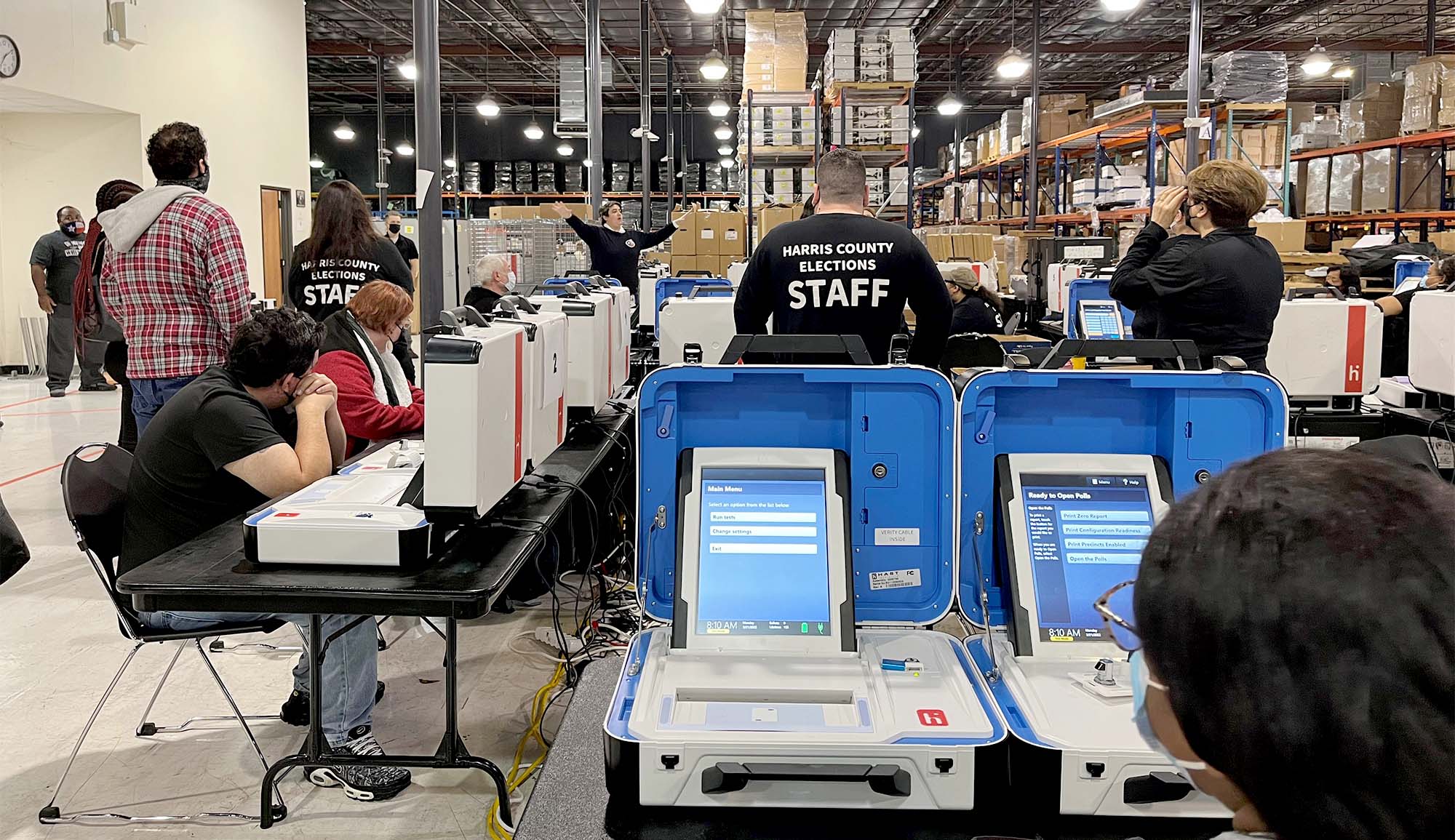UPDATED October 7.
A legislative fix to keep voter fraud a felony in Texas sailed through the state Senate this week, but it will stall in the House unless Republicans in charge agree to deliver what GOP grassroots called for.
A move today sending the Senate’s bill to a House committee may signal that the speaker is relenting on his earlier opposition to the fix.
On Tuesday, senators passed Senate Bill 10, which would retain the current felony penalties for illegal voting—a collection of offenses that includes stealing votes, double voting, and other forms of cheating:
An offense under this section is a felony of the second degree unless the person is convicted of an attempt. In that case, the offense is a state jail felony.
“This will maintain the status quo for penalties for those offenses before Senate Bill 1,” said State Sen. Bryan Hughes (R–Mineola), who authored both SB 10 and the original measure his new bill aims to fix.
Senate Bill 1 was the GOP’s top-priority comprehensive election integrity measure that House Democrats tried to block by breaking quorum for over a month. SB 1 passed during the second special legislative session in August and is set to take effect in December.
The current standoff is over the Republican-run Legislature’s unexplained decriminalization of illegal voting that was tucked into the bill.
A last-minute House amendment to SB 1 actually weakened penalties for cheaters from second-degree felonies to Class A misdemeanors—the exact opposite of what Texas GOP grassroots and election integrity advocates told lawmakers they wanted.
Ten days after grassroots activists discovered the switch and demanded action to restore the felony penalties, Gov. Greg Abbott and Lt. Gov. Dan Patrick publicly supported the fix, with Abbott adding it to the current special session agenda last Thursday.
But House Speaker Dade Phelan said he was not interested in “re-litigating” the election integrity bill by restoring the stronger fraud penalties.
The standoff didn’t stop Hughes and others from filing bills to fix the penalties (though he and other Republican lawmakers, as well as Abbott, signed off on the amended SB 1 without objections).
If passed, SB 10 will restore the current felony penalties for illegal voting and will also undo a provision of SB 1 that lowers penalties for intentional election fraud offenses from Class A to Class B misdemeanors if a voter just attempts to cheat.
A similar bill by Hughes, Senate Bill 9, only addressed the illegal voting penalties.
At a public hearing on both bills on Monday, State Sen. Brian Birdwell (R–Granbury) noted the section of SB 10 relating to election fraud appeared to be outside the governor’s specific call for the session.
On Tuesday, the Senate passed SB 10 by a vote of 18-13 and sent the bill to the House.
In a sign that Phelan may be relenting to grassroots pressure, the bill was referred Wednesday to the House Select Committee on Constitutional Rights and Remedies. Identical House Bill 138 has also been referred to the committee, but the chairman, State Rep. Trent Ashby (R–Lufkin) has not yet scheduled a hearing on either bill.
“Speaker Phelan simply must stop pandering to the Democrats and restore real consequences for cheating in our elections,” said Jill Glover, who heads the Texas GOP’s Legislative Priorities Committee.
Unless Phelan allows the House to act on the issue, the weaker fraud penalties that take effect on December 2 will be locked in.





